When A Woman Is Married to Multiple Brothers: Land, Climate and Cultural Changes in Western Himalaya
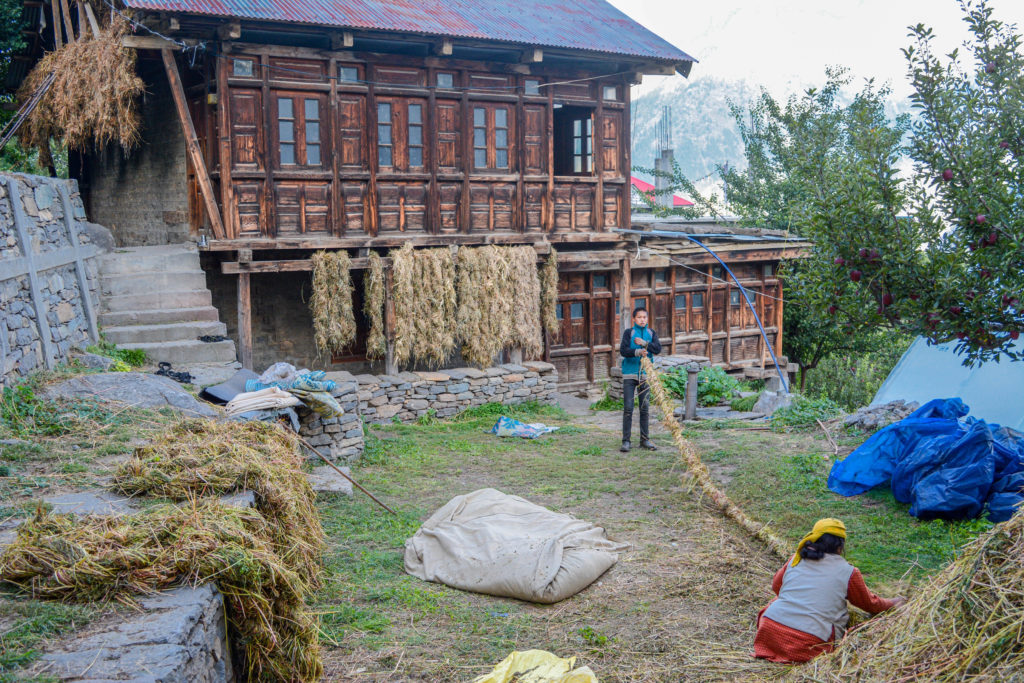
Aghaghia Rahimzadeh “That’s Anurag over there, and his brother Anuraj,” Kusum said, pointing to her two husbands and smiling proudly. “We have a baby between us.” I greeted the young men and praised the happy baby, no longer surprised by a form of marriage that most of the world might view as unorthodox. In […]
The Limitations of Compassion in International Volunteering
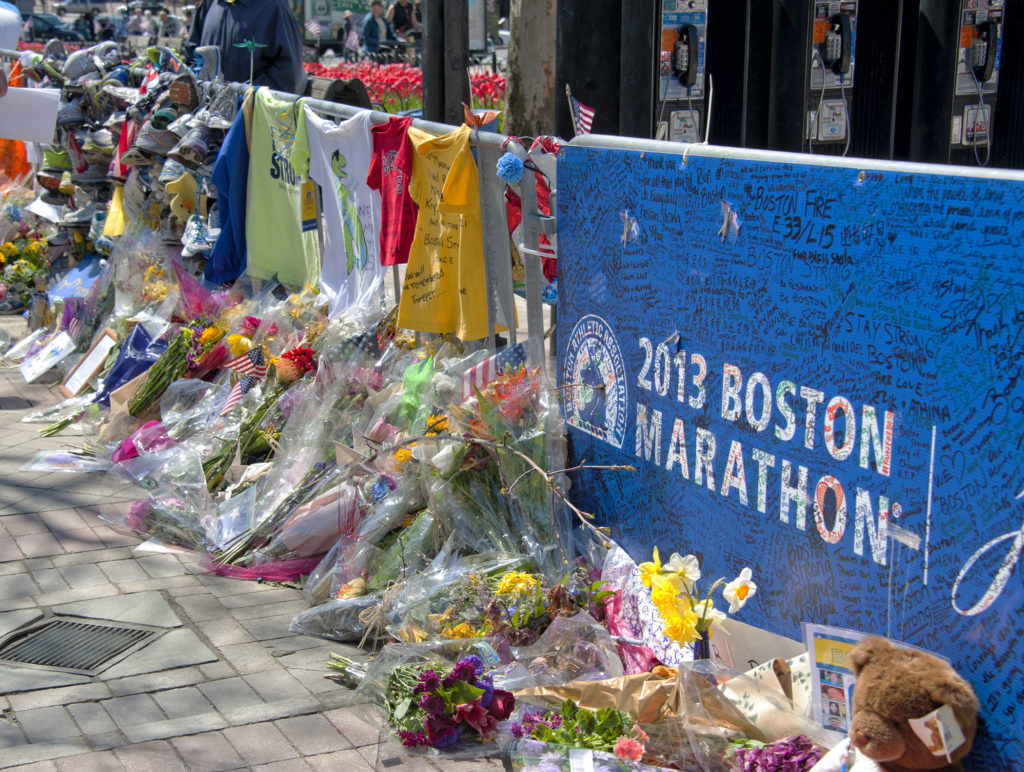
On April 15, 2013, at 2:49 p.m., two bombs were detonated near the finish line of the Boston Marathon. The effects were physically devastating — three dead and hundreds injured, some requiring amputations. The psychological effects were equally traumatic, if less quantifiable. The reactions of the city, the state and the nation were quickly visible […]
A Grammar of Perseverance
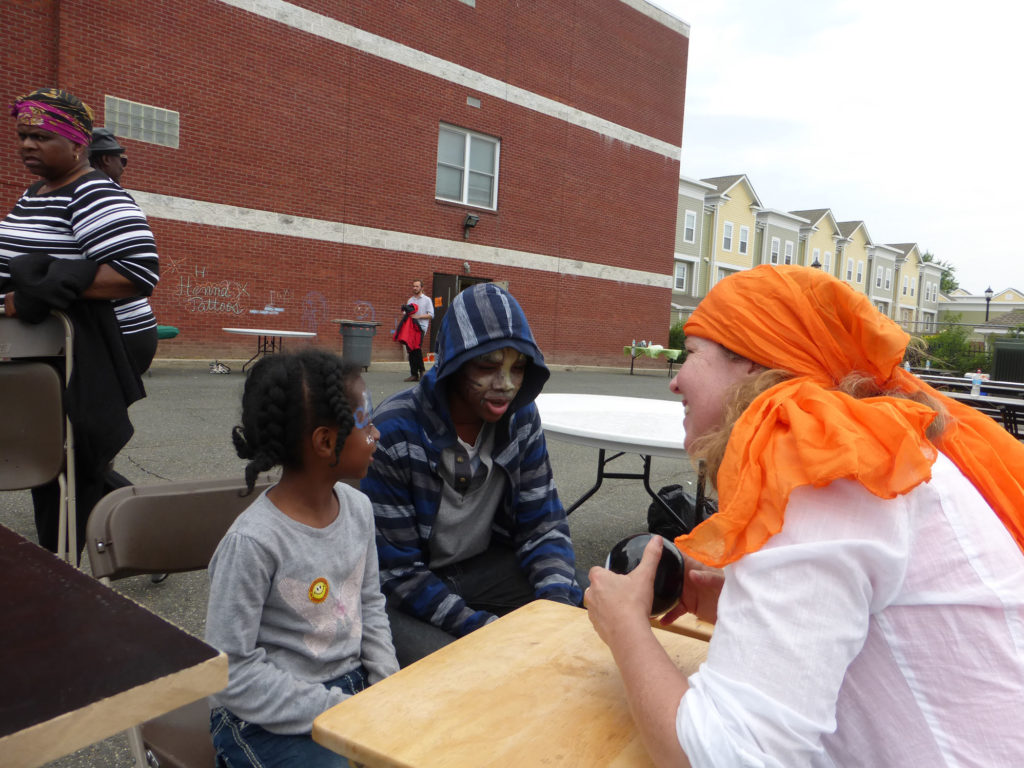
Reflections on Race, Poverty and Violence in Orange, New Jersey It’s a muggy mid-June Saturday afternoon. A large inflatable moonwalk occupies the asphalt, and kids line up for a chance to ricochet into space. The elementary school grounds have been transformed into a block party with games, prizes and a movie-housestyle popcorn machine. I sit […]
From Crystal Skulls to the Caste War
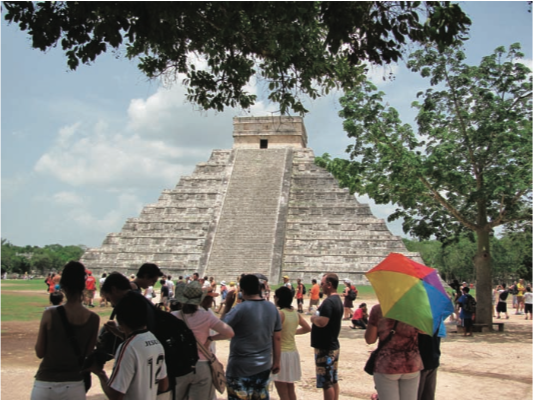
Intersections of Tourism, Archaeology and Heritage in the Yucatán Peninsula of Mexico Archaeological sites in the Yucatán Peninsula are among the leading attractions for a thriving tourism industry and have helped to significantly boost the local economy since the 1970s. While the success of tourism has provided many economic benefits for the millions of people […]
Why the Present Matters: The Importance of Community Outreach and Public Engagement in Archaeology
But it is more important — because more humanizing — for us to understand the actors of the past in their full complexity and humanity, just as we would like to be appraised by future historians. Straw men and cardboard women are unworthy subjects and incapable of teaching us anything of value. – James Axtell […]
The Speaking Fence
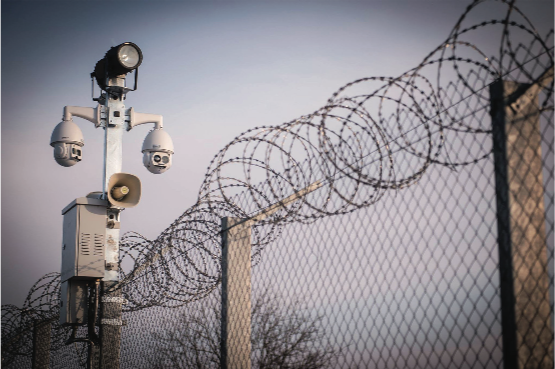
It speaks constantly. In five languages. “Attention, attention. I’m warning you that you’re at the Hungarian border, at the border crossing, which is the property of the Hungarian government. If you damage the fence, cross illegally or attempt to cross, it’s counted as a crime in Hungary. I’m warning you to hold back from committing […]
Anthropology Now and Then in the American Museum of Natural History: An Alternative Museum

You know how they say in certain museums, history comes alive? Yeah. In this museum … it actually does. What are you talking about? Everything in this museum comes to life at night. – Night at the Museum, 2006 The American Museum of Natural History’s Cultural Halls are in serious need of deep rethinking […]
“There Are No Straight Lines in Nature” – Making Living Maps in West Papua
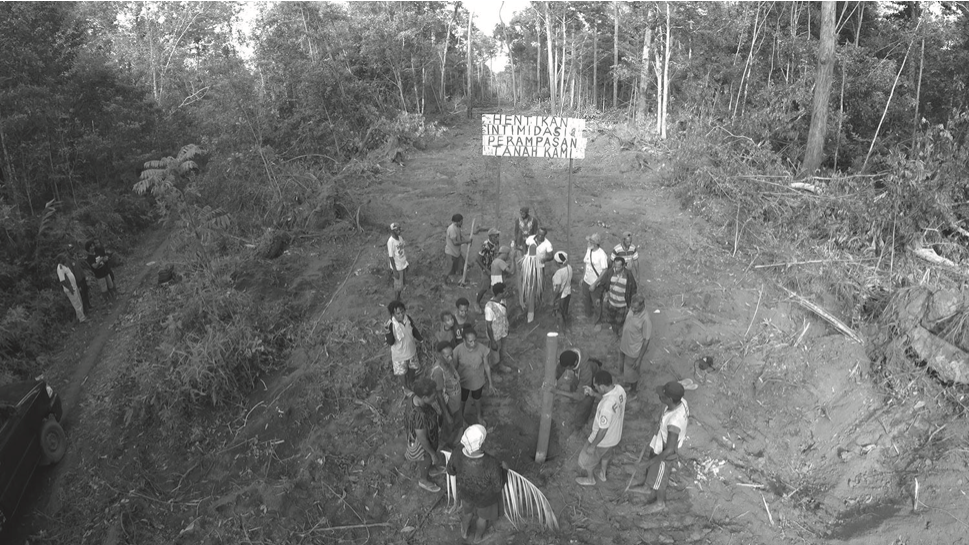
(Un)settling the Scene Alongside melting glaciers, marine oil spills and sinking islands, large-scale monocrop plantations have become emblems of the so-called “Anthropocene.” This term, which is derived from anthropo meaning human and cene meaning new in Greek, has gained traction in recent years to describe the current epoch, in which humans have become the single […]
Ethnography on Trial
“[Ethnography] is the most appropriate research approach for increasing understanding of the range of sociocultural effects of the multifaceted and evolving Deepwater Horizon disaster on the people and communities of coastal Louisiana, Mississippi, and Alabama.” Diane Austin Rebuttal to BP Round 2 Reports, September 26, 2014 It is fitting that this article is being published […]
New Articulations of Biological Difference in the 21st Century: A Conversation
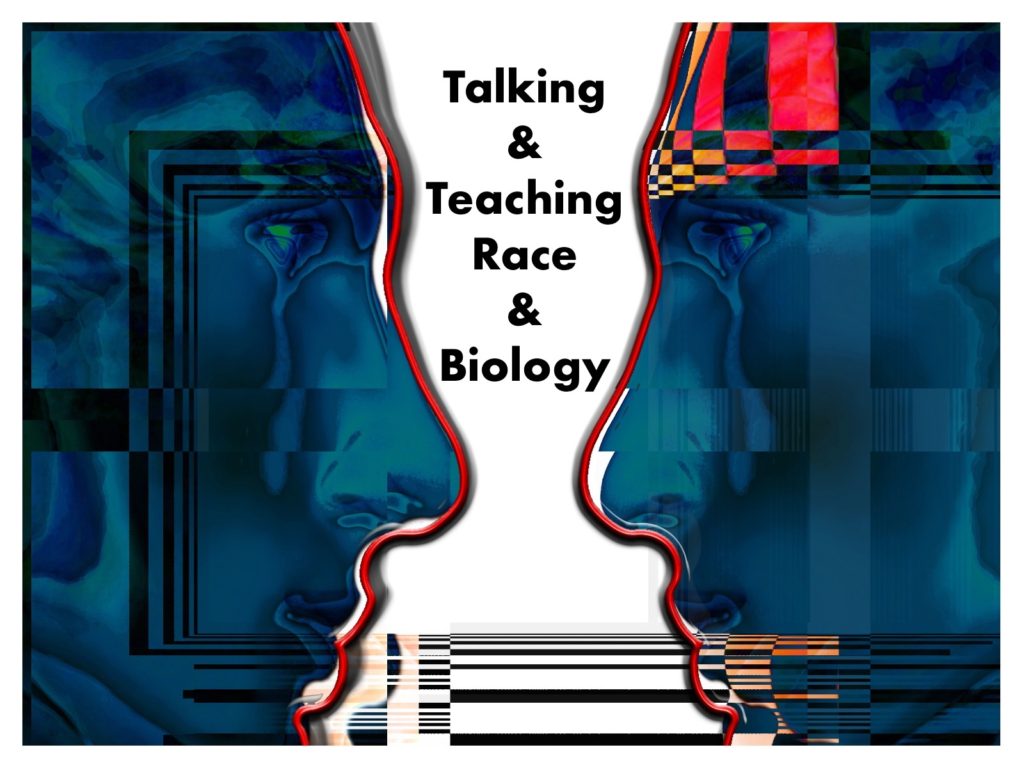
This conversation is prompted by continued frustration about how race is discussed and understood by the public and by those researchers who remain determined to draw clean lines around people who share particular physical characteristics. We make the case that knowledge of human evolution and population genetics should be a core aspect of “diversity requirements” […]

